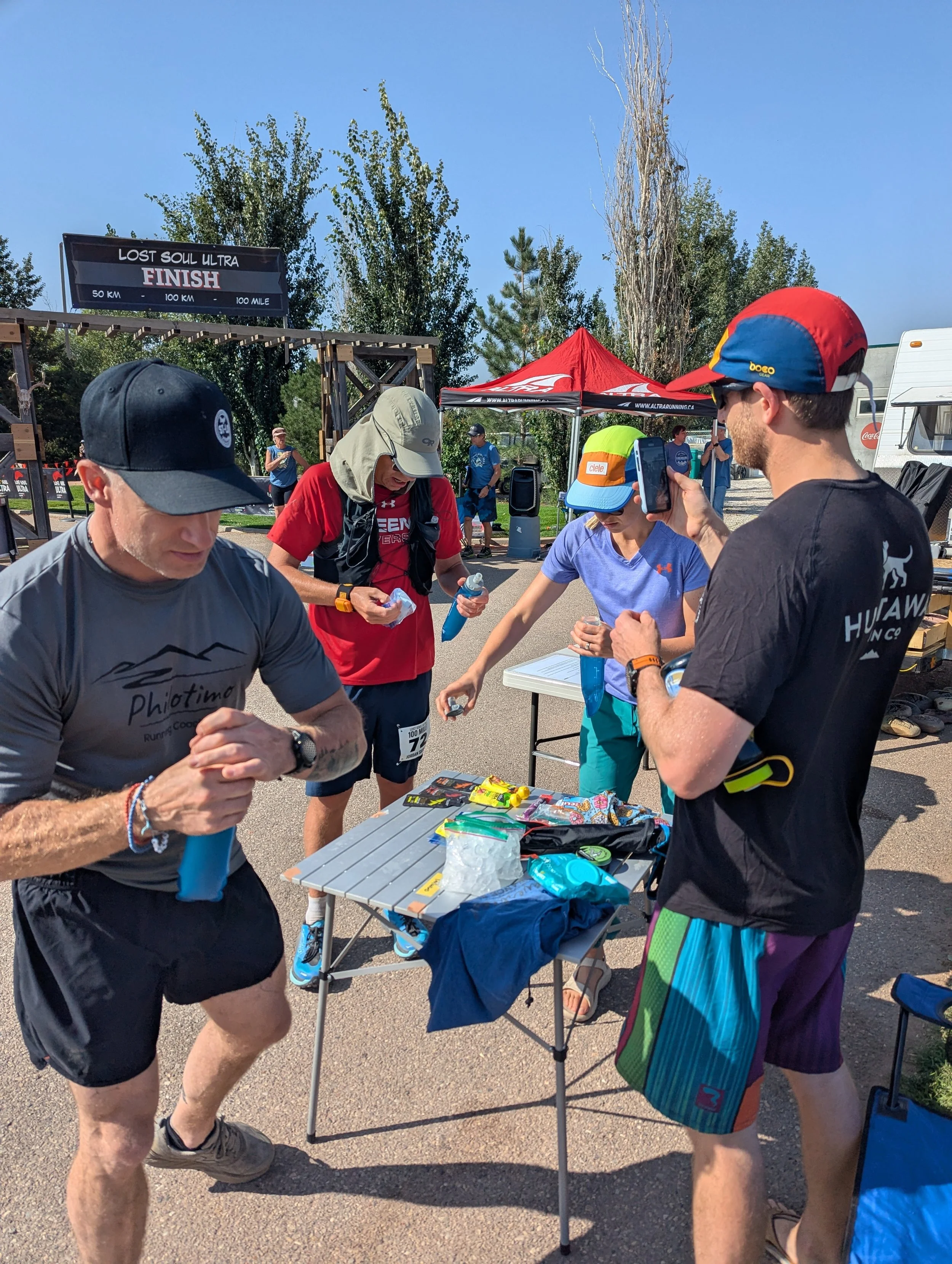Post-Race Runner Blues: Finding Purpose After the Finish Line
Last update, October 23, 2025, by Etienne Durocher
Finishing a race — especially a marathon, ultra, or long-term goal event — should feel like triumph. And for many runners, it does. But often, just a few days or weeks later, a sense of emptiness can creep in. This is the post-race runner blues, and it’s more common than you think.
As a coach, I’ve seen runners who trained for months or years feel a surprising low once their goal is achieved. Motivation dips, energy feels flat, and daily training seems suddenly purposeless. Recognizing this feeling is the first step in recovering mentally and emotionally — and in turning the post-race period into an opportunity, not a setback.
What Are Post-Race Runner Blues?
Post-race runner blues are a mix of emotional and physical fatigue that happen after achieving a major running goal. It’s not depression in a clinical sense, but it can feel heavy and discouraging.
Common symptoms include:
Loss of motivation to train
Feeling restless or aimless without a race to target
Irritability or frustration at normal daily tasks
Mild fatigue, even after proper rest
Difficulty finding satisfaction in running or other activities
This is natural. Your body and mind spent months preparing for a goal, and suddenly that structure disappears. It’s normal for your brain to feel like it’s “off-duty.”
Why It Happens
1. Loss of Purpose: Training plans create structure. Once the race is over, that structure vanishes. Your brain misses the daily purpose that kept you focused.
2. Hormonal & Physical Recovery: Training and racing trigger stress hormones like cortisol. After the race, levels drop, which can affect mood and energy.
3. Emotional Highs and Lows: The pre-race excitement, adrenaline, and goal anticipation all end abruptly. It’s common to experience a “come-down” afterward.
4. Unrealistic Expectations: Some runners expect to feel constant joy post-race. When reality doesn’t match, disappointment sets in.
Read The Following Post To Keep You Inspired
Strategies to Navigate the Blues
1. Rest and Recover Physically
Your body deserves downtime. Schedule easy days, walks, and stretching. Recovery is part of progress, not a sign of weakness. Consider checking Recovery Techniques Post-Marathon – Part 4 for structured post-race recovery tips.
2. Reflect on the Journey
Take notes or journal about your training, lessons learned, and achievements. Celebrate both big milestones and small wins. Reflection helps your mind process the accomplishment.
3. Set Short-Term Goals
You don’t need a race to stay motivated. Set micro-goals:
Try a new running route
Work on running form (Running Form Tips)
Add strength or cross-training exercises
Short-term goals maintain momentum and give your brain a new purpose.
4. Stay Connected to Your Running Community
Join a local running group, share experiences online, or chat with a coach. Social support helps normalize your feelings and can inspire new goals.
5. Plan the Next Challenge
It doesn’t have to be a bigger race. Maybe it’s improving pace, running consistently 3x/week, or joining a fun 5K. The key is having something to work toward without pressure.
6. Mindset Work
Use positive self-talk and visualization to remind yourself of what you achieved. Focus on gratitude for your health, consistency, and discipline. Mental training isn’t just for race day — it’s for life after the finish line.
When to Seek Extra Support
If post-race blues linger longer than a few weeks, or if you notice signs of clinical depression (persistent low mood, sleep changes, or loss of interest in most activities), consider consulting a healthcare professional. Coaches can guide mindset strategies, but professional support may be necessary for prolonged mental health issues.
How a Coach Can Help
Working with a coach during post-race recovery provides guidance and structure:
Adjusting training plans to balance rest and activity
Setting new goals based on your recovery and lifestyle
Offering mental strategies to manage burnout and motivation dips
At Philotimo Running Coach, we combine physical training with mental support to keep runners inspired, even after the finish line. If you want personalized guidance, check our Couch to 10K Program or personal coaching options.
Read the blog about Coaching 1-on-1 for Busy Person
Integrating Recovery Into Everyday Life
Here’s a simple weekly mental recovery routine post-race:
Day - Focus - Practice
Monday - Active Recovery - Light walk or yoga
Wednesday - Reflection - Journal one positive race takeaway
Friday - Micro-Goal - Try a new running route or drill
Sunday - Gratitude - Reflect on what running has added to your life
Even small steps help re-establish routine, rebuild motivation, and prevent prolonged post-race low moods
Read the full blog for better Recovery Post Marathon
Final Thoughts
Post-race runner blues are normal. They are a sign that you’ve committed fully to a goal. By recognizing the feelings, resting physically, reflecting mentally, and setting new purposes, you can navigate the post-race period with clarity and energy.
Your next race, challenge, or milestone doesn’t have to be far off — it just has to be meaningful to you. Use this time to recover, reflect, and prepare for the next chapter in your running journey.
Call to Action
Feeling the post-race blues? Reconnect with your running purpose. Explore Philotimo Coaching Programs and let us guide your recovery, mindset, and next steps toward joy in every run.


